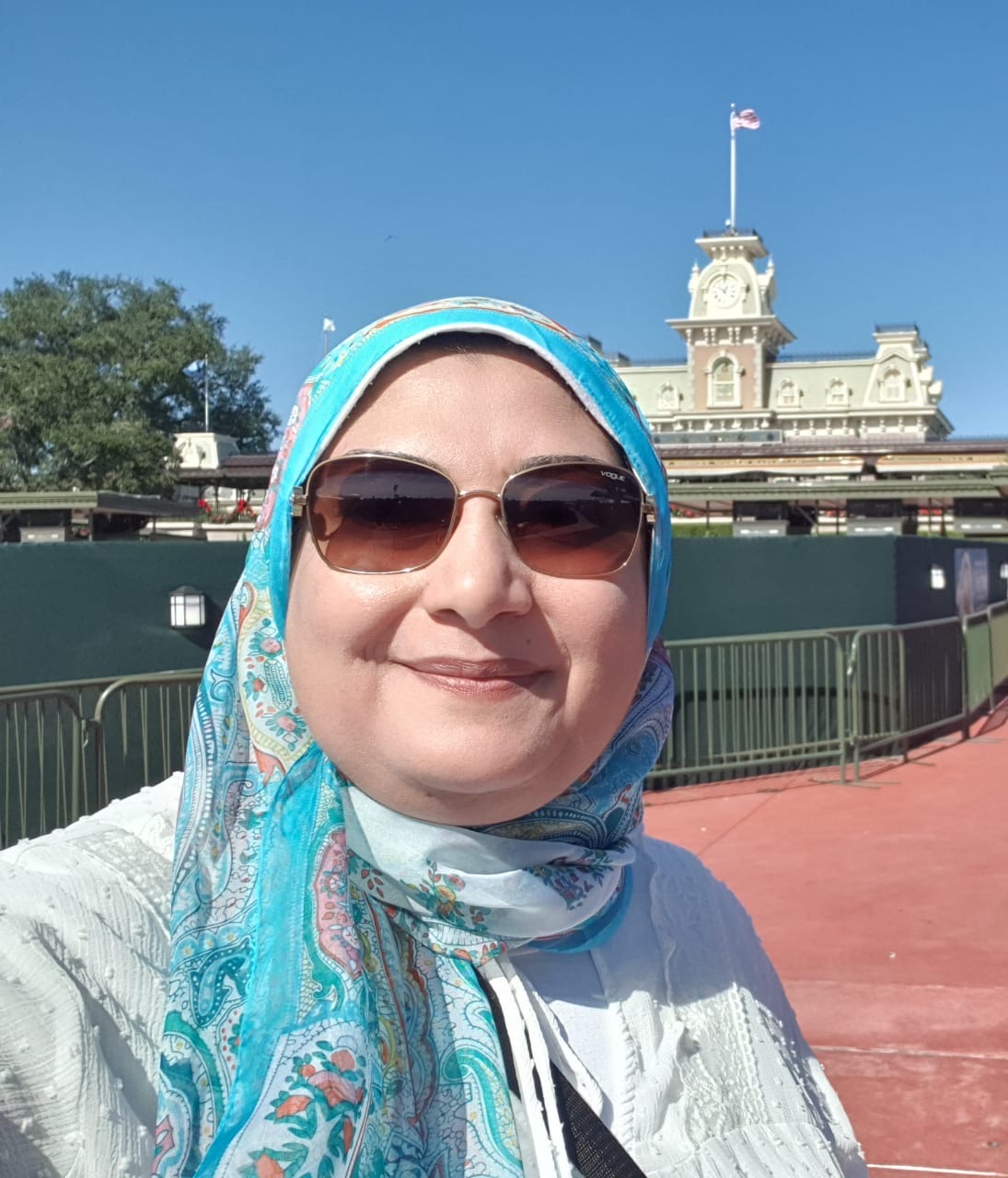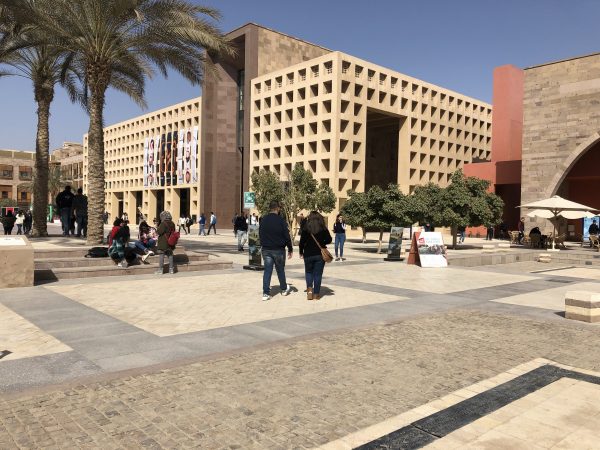Public Space: The Newest Frontier for Female Empowerment
By: Farida ElSirgany
@FSirgany
Photo Credit: Aya Nashed
Boldly engaging in conversations about gender bias, sexual harassment and the role of education in formative years can go a long way to improving safety for women in public spaces such as public transport, the street, or the workplace.
At the root of these issues is how women are perceived in Egypt and the harmful effects of some of the gender norms of society. AUC’s Speak Up dialogue series took up the challenges women face in a session titled: “How Do We Make Public Spaces Safe for Women”.
“We did a multi-country survey in North Africa and the Middle East about three years ago… and we saw that a range from 40 percent to 60 percent of women in the region had experienced some form of harassment,” said Christine Arab, a UN Women Egypt country representative, who sought to highlight the severity of the problem during this session.
The International Labour Organisation (ILO) defines harassment as a range of unacceptable behaviours and practices; verbal or physical, usually in the form of intimidation or humiliation. The speakers in this event discussed the significant psychological effects sexual harassment has on its victims through hindering their ability to function in professional and daily life.
Arab argued that for women to truly feel safe in public spaces, children must be taught about gender equality from an early age; the change begins at home.
“[It all goes] back to how we value boys and girls, women and men. And how we teach boys to be boys and girls to be girls. You can put any lens you want on it. At the end of the day that is, and remains, the root cause,” Arab said.
Hani Henry, associate professor and associate dean of the School of Humanities and Social Sciences at AUC, shed light on the range of psychological effects of sexual harassment on women, from feeling uncomfortable to suffering Post Traumatic Stress Disorder (PTSD) and even suicidal tendencies.
They stem, he explains, from the feeling of being targeted or belittled in a space.
Most families do not know how to deal with harassment because of the taboo and shame surrounding disclosure and treatment. As a result, many women have resorted to hiding by staying at home or trying to wear less revealing clothes.
Engy Ghozlan, social activist and co-founder of HarassMap, an interactive map where people can report the location of harassment incidents, found that hiding from harassment is neither effective nor healthy for women.
She emphasized that how women choose to dress does not affect the likelihood of harassment. Whether they have their hair down, wear a hijab or a niqab, all women are equally harassed in public spaces.
A 2013 UN Women study concluded that 99.4 percent of Egyptian women have suffered from some form of sexual harassment and in 2008, the Egyptian Centre for Women’s Rights found that 72 percent of them wore hijabs or niqabs.
Raising awareness and being open to having conversations about harassment is a major component in shifting the prevailing Egyptian mindset. It is with this vision that Ghozlan started HarassMap.
Its goal is to raise awareness on sexual harassment and gather information on reported incidents.
According to Halah Shukrallah, a development consultant and researcher, the Egyptian community’s mindset used to be very different.
“In the 70s…the existing environment and the community, specifically in large cities, was protected for women… Any form of harassment [that] occurred, people addressed it,” Shukrallah said.
Shukrallah believes this change began with the rising economic tensions of the 1980s. Inflation and unemployment rates increased by almost six times their value in the 70s. It was also during this time that women began entering the professional sphere.
Shukrallah believes that Egypt’s economic situation led to anger and frustration for its citizens which manifested into sexual harassment towards women, which has been growing ever since.




